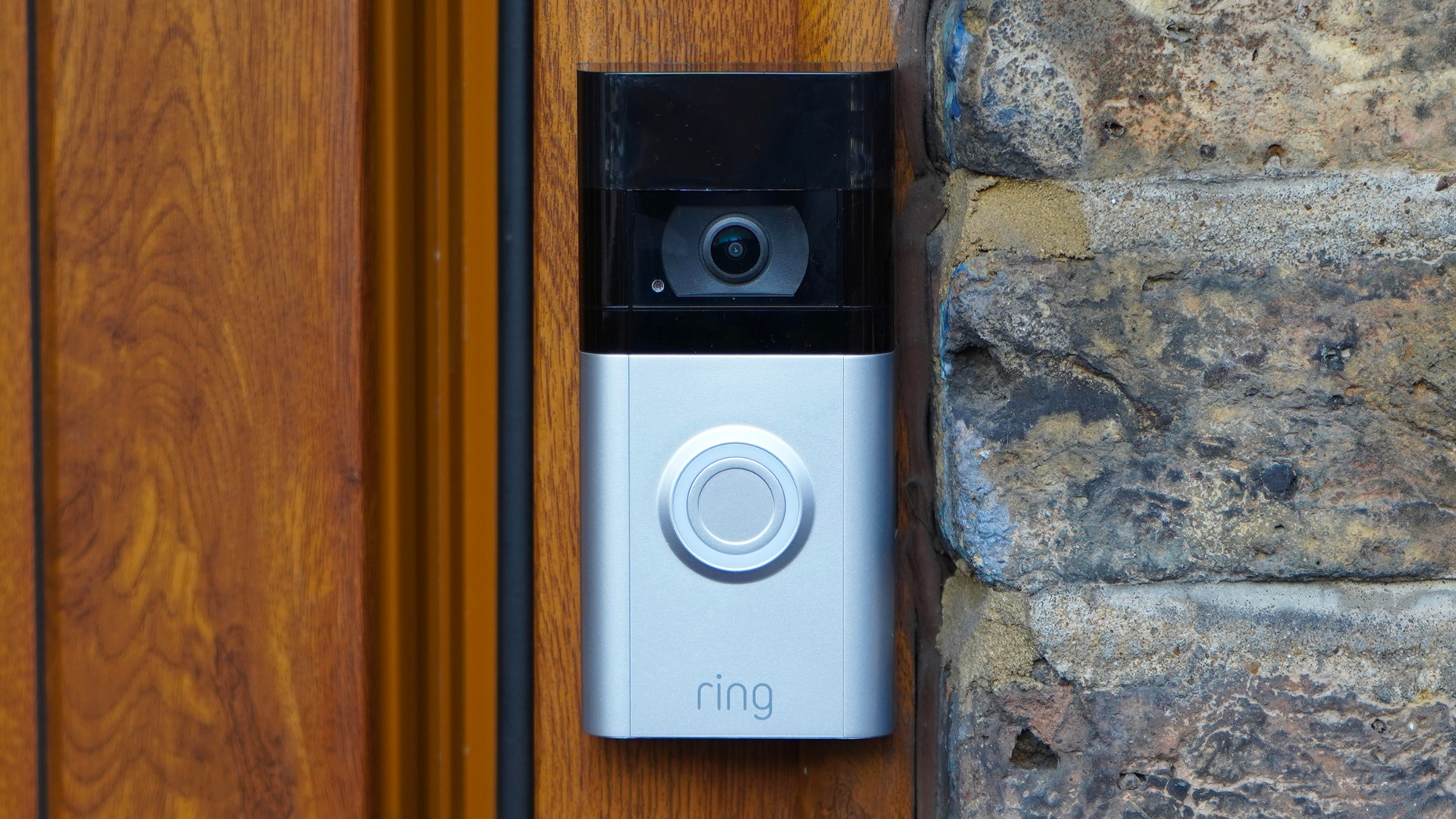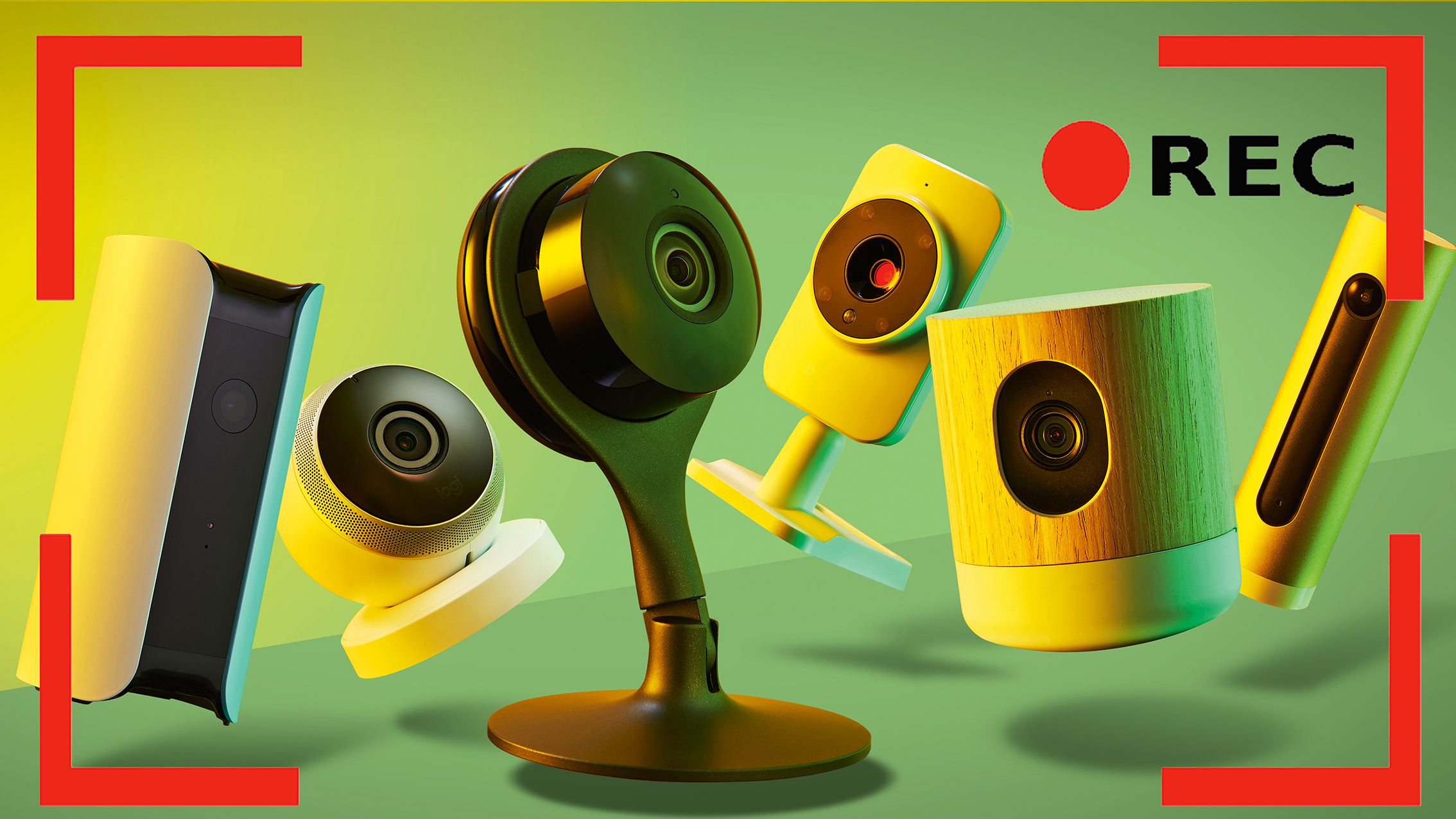New study reveals home security cameras can create more risk to owners than they prevent
Smart home security systems have been under increasing scrutiny due to privacy breaches in recent years despite growing in popularity

Smart home cameras have arguably become one of the most popular pieces of technology in recent years, with companies like Amazon owned Ring and Google leading the charge.
However, various brands have been under recent scrutiny for privacy breaches recently, and it’s becoming increasingly apparent that while these devices can prove useful, they can also turn on their owners.
Earlier this year, Amazon owned Ring were forced to pay out $5.6 million over security breaches, and Wyze suffered a big privacy mishap as 13,000 had their homes exposed to the public.
A new study by SurfShark entitled ‘Is Privacy and Illusion Under a Security Camera’s Watch' has highlighted smart security camera apps as some of the biggest collectors of user data.
This includes sensitive personal identifiable information like email addresses, phone numbers, payment details, precise location and more. Surfshark claims that after collecting data, some apps track their users to display targeted ads, or share their information with third parties and data broker companies.
Surfshark’s Research Hub chose a range of selected security hubs, and analyzed the data from the apps’ listings on the Apple App Store, examining 32 potential data points across 12 categories, emphasizing user uniqueness, tacking, and linkage.
“The most invasive apps were then ranked by considering the number of unique data points collected, the scope of tracking-related data points, and the amount of data linked to users,” says Surfshark.
Get the Digital Camera World Newsletter
The best camera deals, reviews, product advice, and unmissable photography news, direct to your inbox!
The worst offenders were Deep Sentinel Home Security and Lorex in joint first followed by Nest, Arlo and Ring, with mydlink, TP-Link Tapo, Eufy Security, Wyze, and Reolink afterwards.
The study claims that outdoor security cameras are “among the top collectors of user data,” harvesting 50% more information than other smart home device apps. They typically collect email addresses, precise location, phone numbers, bank account and payment details, among other things.
Indoor security cameras were slightly less insecure, collecting email addresses, phone numbers, user ID’s, device ID’s, purchase history and audio data.
Smart Home Camera Statistics states that around 98.86 million homes worldwide installed security cameras in 2023, and estimate that by 2026 that number will have increased to 163.73 million.
The relative absence of regulations and standards for smart home devices, and the lack of understanding about AI present several risks including data breaches, and cyberattacks. However, it appears they devices are only getting more popular, and with Apple to about to launch its own rival system, complete with facial recognition, it seems like many more homes will soon be at risk of privacy leaks.
Still interested in securing your home? Why not take a look at our guides to the best indoor security cameras, the best 360-degree outdoor security cameras, or why not look at our guides to the best fake security cameras.

After graduating from Cardiff University with an Master's Degree in Journalism, Media and Communications Leonie developed a love of photography after taking a year out to travel around the world.
While visiting countries such as Mongolia, Kazakhstan, Bangladesh and Ukraine with her trusty Nikon, Leonie learned how to capture the beauty of these inspiring places, and her photography has accompanied her various freelance travel features.
As well as travel photography Leonie also has a passion for wildlife photography both in the UK and abroad.
